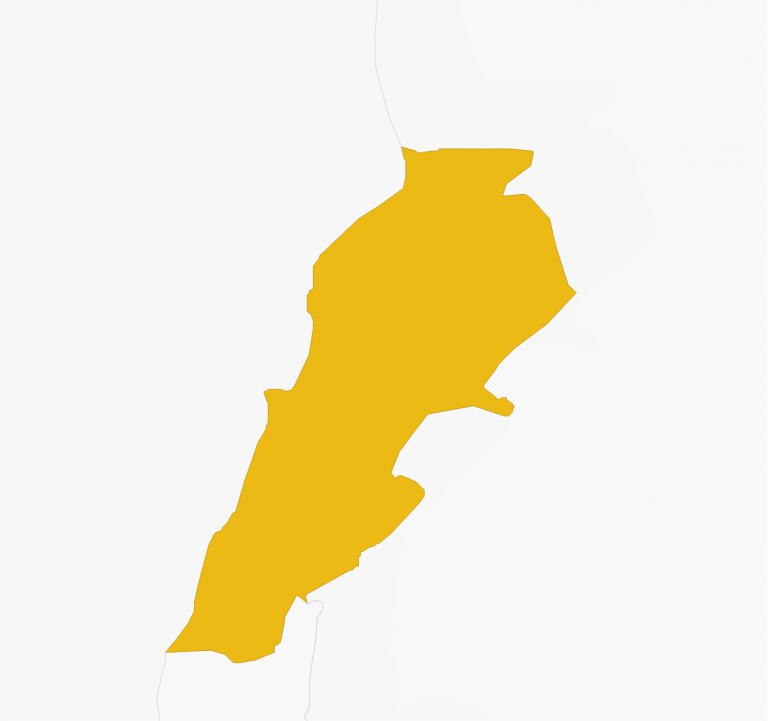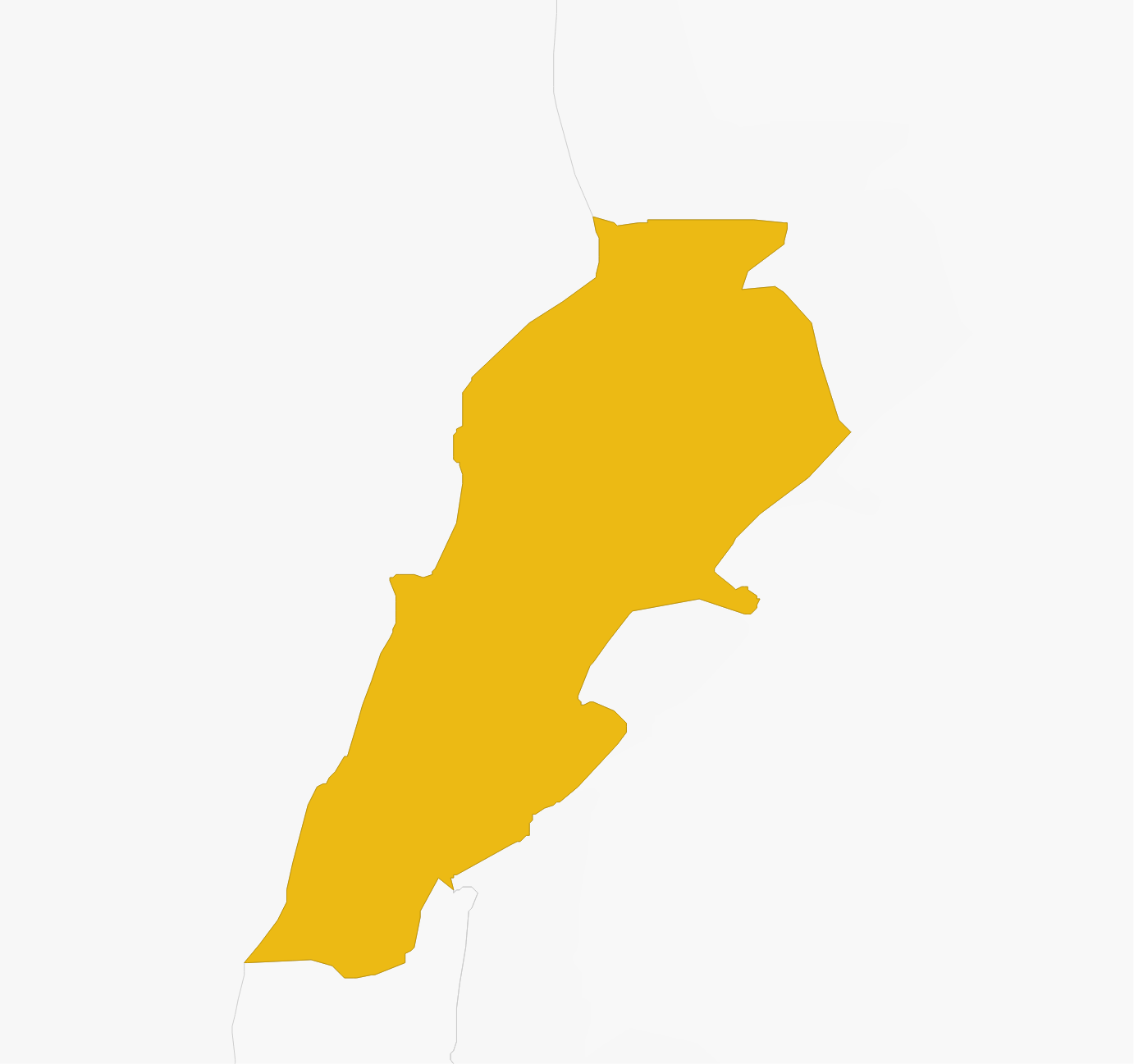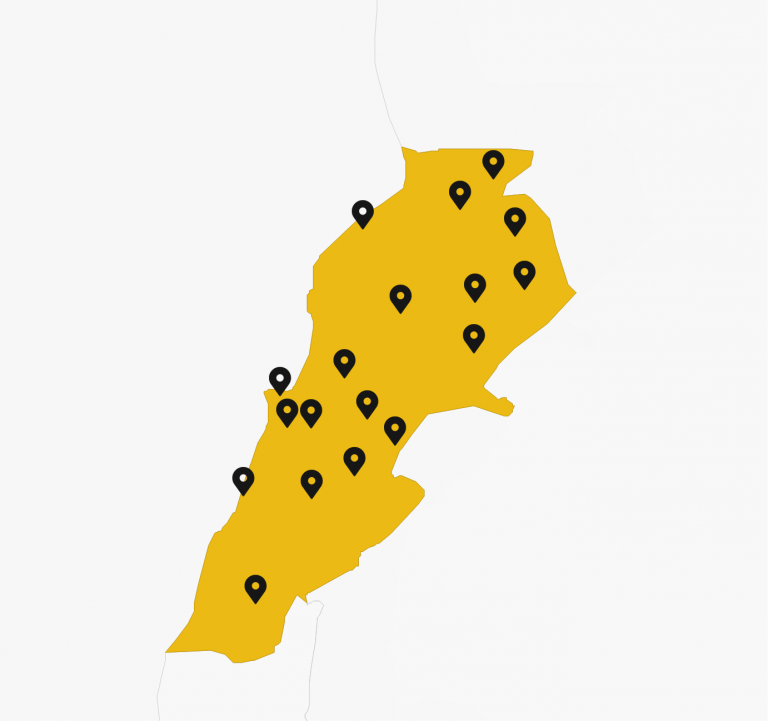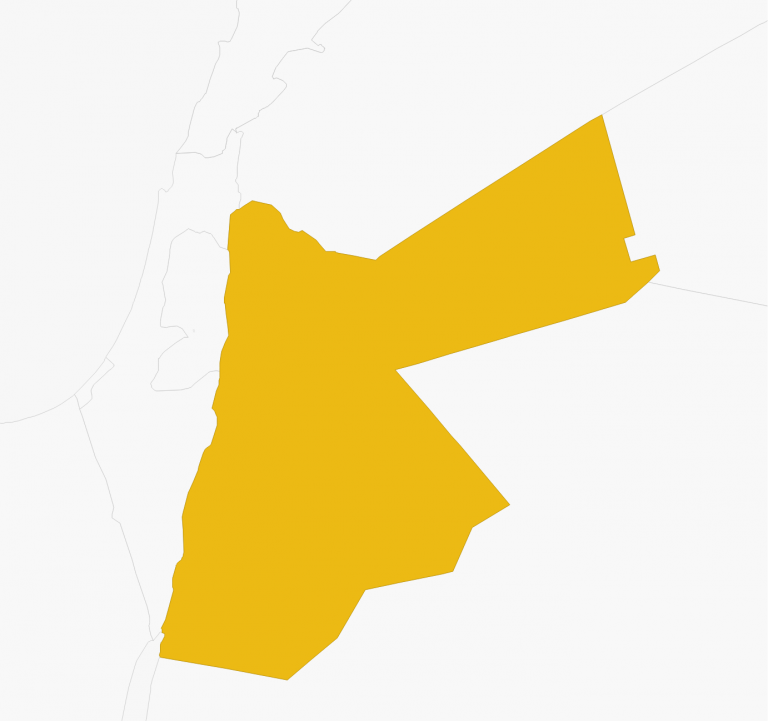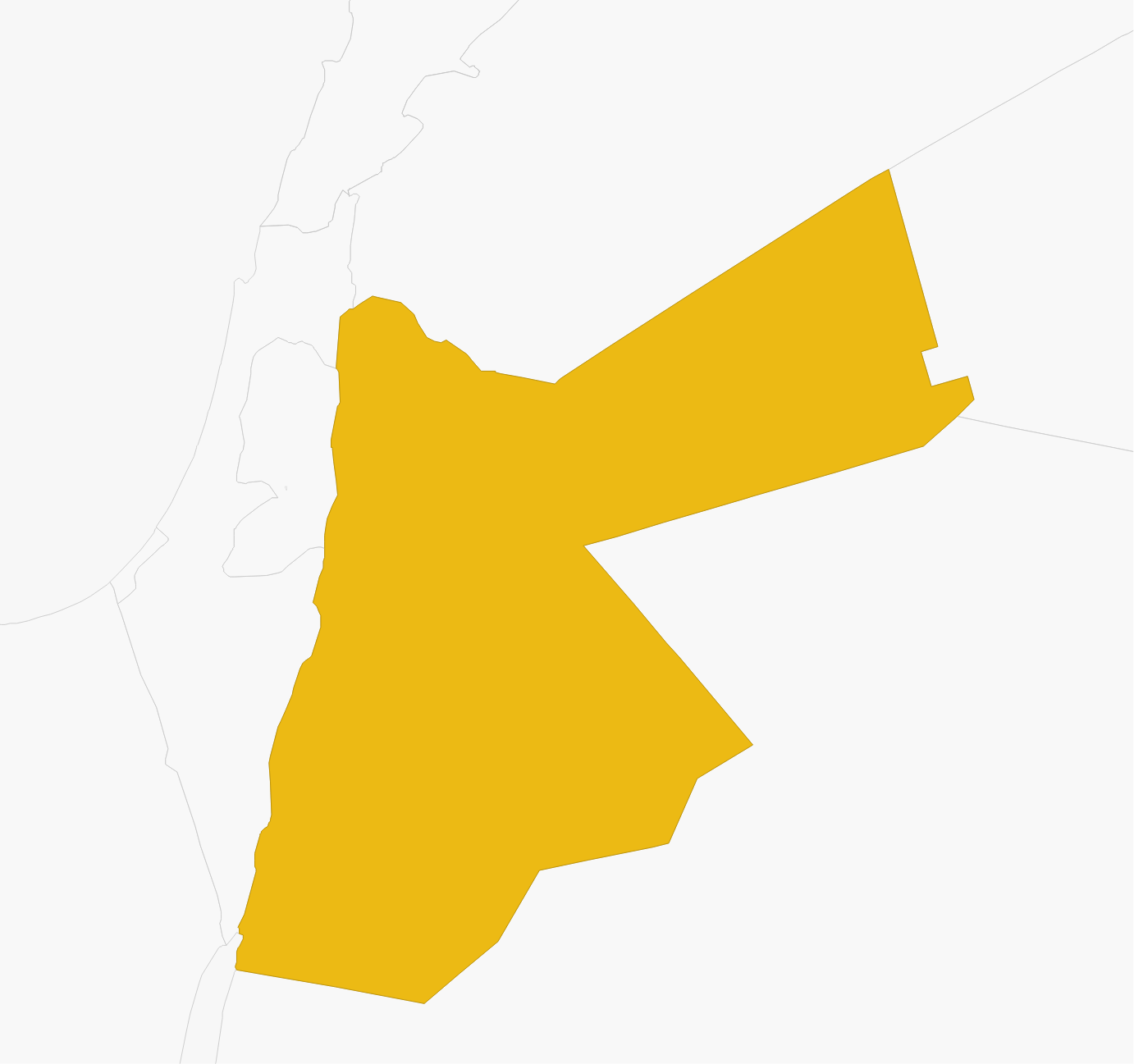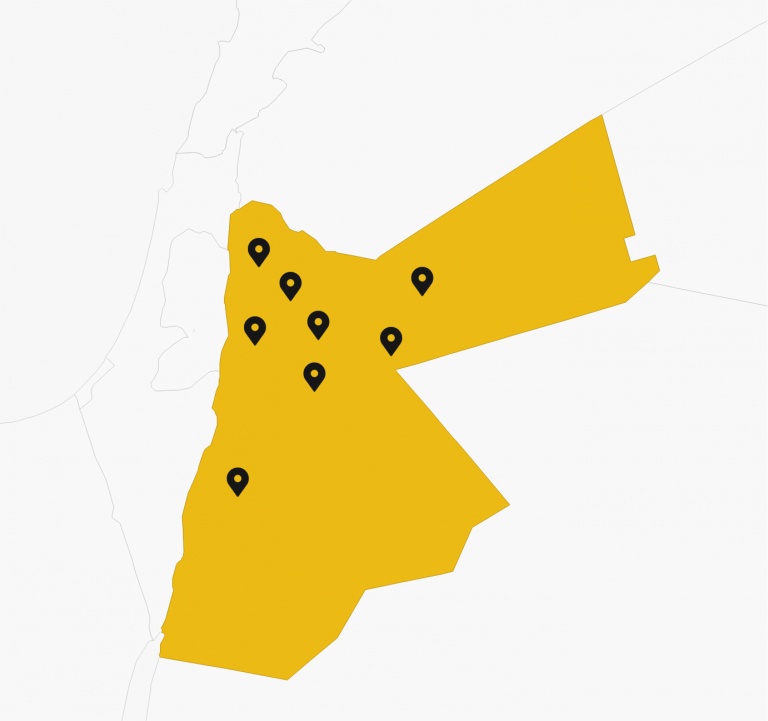-
k
67
beneficiaries to date
-
k
29
children reached through the Seenaryo Playkit
-
5500
families reached through I Learn From Home during Covid 19
-
75
original theatre productions created to date
-
Meaningful participation
at all levels including the way in which we run workshops, work with partners and train teachers – allowing all voices to be heard
-
Evidence-based approaches
that use science and research to inform our programme content, rollout and monitoring and evaluation strategy
-
Deep rootedness in local contexts & partnerships
working with and for communities for the long term
-
Agility & innovation
in our use of technology, our approach to teaching and learning, and our responses to the changing needs of beneficiaries
-
Accessibility & inclusivity
in terms of reaching those most in need as well as in our pedagogical ethos
-
The intrinsic value of artistic excellence
beyond its use as a tool for social impact
-

Mission
Through theatre and play, we support marginalised people to be powerful agents of their own lives and positive contributors to society
-
Aims
-
Facilitate the creation of powerful, high-quality performances
-
Support individuals in building social skills, life skills, and wellbeing
-
Foster social cohesion within and between refugee communities and host groups
-
Facilitate intercultural understanding within the Arab region and with countries outside it
-
Increase employment opportunities and professional capacity within teaching and facilitation
-
Transform teaching and learning to become child-centred, engaging and inclusive
-
Where
we work
-
Lebanon and Jordan have the highest per capita proportion of refugees worldwide: 1 in 4 people in Lebanon, and 1 in 12 in Jordan. Half of these refugees are children according to UNHCR.
-
Moreover, these countries’ native populations are increasingly vulnerable due to the recession in the wake of Covid-19, donor fatigue around the Syrian crisis and an unprecedented economic crisis in Lebanon (the World Bank estimates 50% of the population to be under the poverty line).
-
Lebanon has seen two successive governments collapse since anti-government protests began in October 2019, and the Beirut explosion in August destroyed much of the country’s capital.
-
This economic and political fragility damages already frail education systems in both countries, from NGO emergency education to public schools to private schools.
Who we
work with
-
Children
Children from vulnerable communities in Lebanon and Jordan suffer from high levels of toxic stress, which ‘disrupts the architecture of the developing brain’ (US National Scientific Council on the Developing Child). 59% of school-aged refugees in Lebanon and nearly a third of all children in Jordan are not in school.
-
Youth
The MENA region has the world’s highest youth unemployment rate; and Lebanon and Jordan face unprecedented brain drain. Youth lack access to quality employment or training opportunities. Many reach adulthood without having the opportunity to develop social and emotional skills and critical thinking, let alone professional capacities.
-
Women
According to the Gender Gap Index 2020, Lebanon and Jordan are respectively 145th and 138th of 153 countries. The labour force participation rate for women is 26% in Lebanon and only 15% in Jordan. They are also affected by social and political marginalisation and an increase in sexual and gender-based violence.
-
Teachers
The Lebanese and Jordanian Ministries of Education find they have an ‘unskilled teaching force’ (Jordan Response Plan), blaming out-dated pedagogy, ‘not as learner-centred as industry standards require, lacking a life-skills base’ (Lebanon Crisis Response Plan).
What we do
-
Theatre
We work with children, youth and women, facilitating the creation of original and high quality theatre, in which participants create their own narratives. While making theatre, we are continuously training up facilitators, trainees and youth leaders to lead the work themselves.
-
Play-based learning
We’ve developed a bank of resources and training for early years teachers, supporting them to deliver their curriculum through childcentred and play-based methods. This includes the Seenaryo Playkit phone app, as well as distance learning initiatives supporting parents and teachers during Covid-19.
-
Seenaryo in 2020
-
I Learn From Home
-
I see my ghost coming from afar
Why theatre
and play?
Rightly, the first response to the multiple crises in Lebanon and Jordan focuses on food, shelter and medical help. But safe, creative spaces are essential in allowing people to process their experiences and rebuild wellbeing and dignity. There is a long-term need for innovative and holistic initiatives that allow children to stay engaged with learning and communities to come together.
Commitment to the
UN Sustainable Development Goals
We aim for Seenaryo’s goals to align with sector-wide and international goals for sustainable development (SDGs). Seenaryo’s programmes particularly focus on the below SDGs set by the United Nations.
-
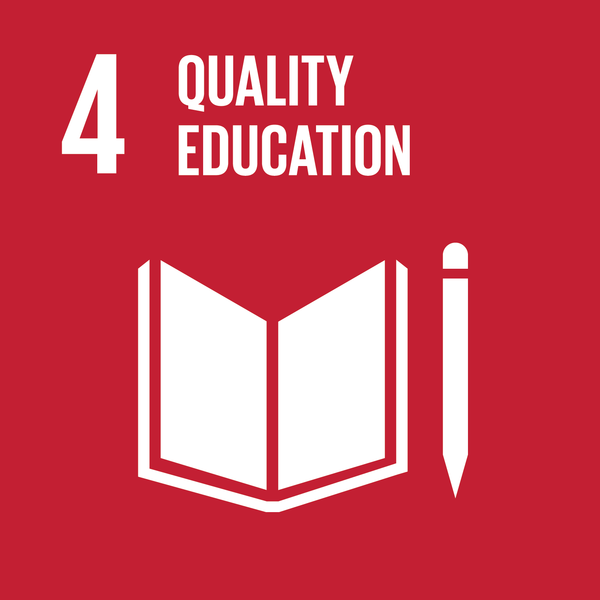
Quality education
Substantially increase the number of youth and adults who have relevant skills, including technical and vocational skills, for employment, decent jobs and entrepreneurship
-
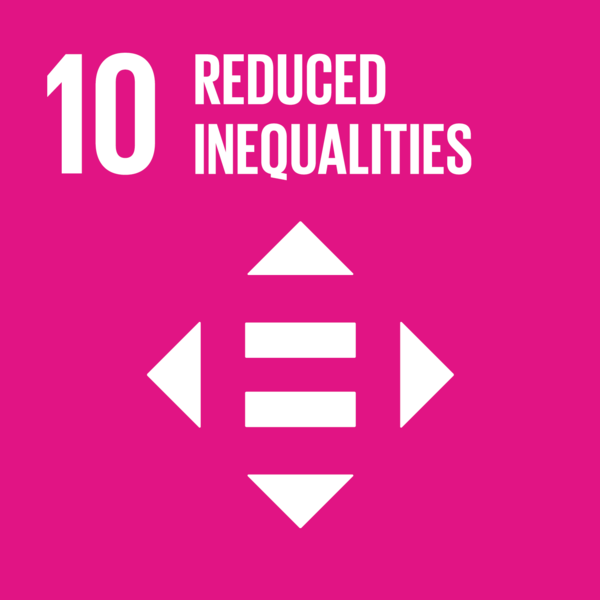
Reduced inequalities
Empower and promote the social, economic and political inclusion of all, irrespective of age, sex, disability, race, ethnicity, origin, religion or economic or other status
-
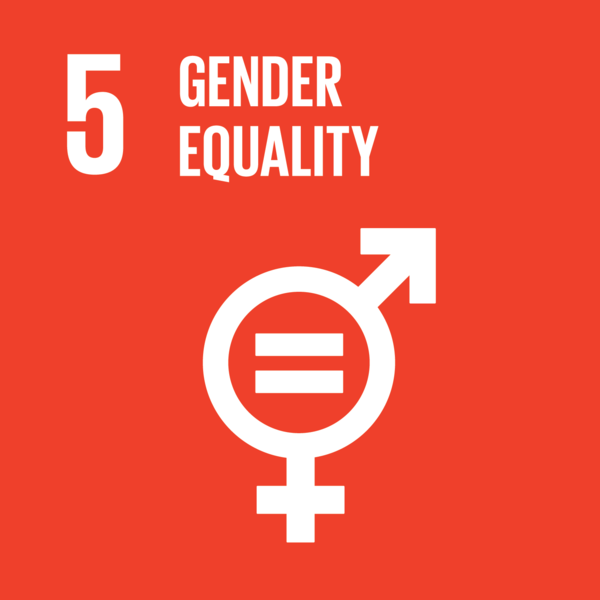
Gender equality
Ensure women’s full and effective participation and equal opportunities for leadership at all levels of decision making in political, economic and public life
-
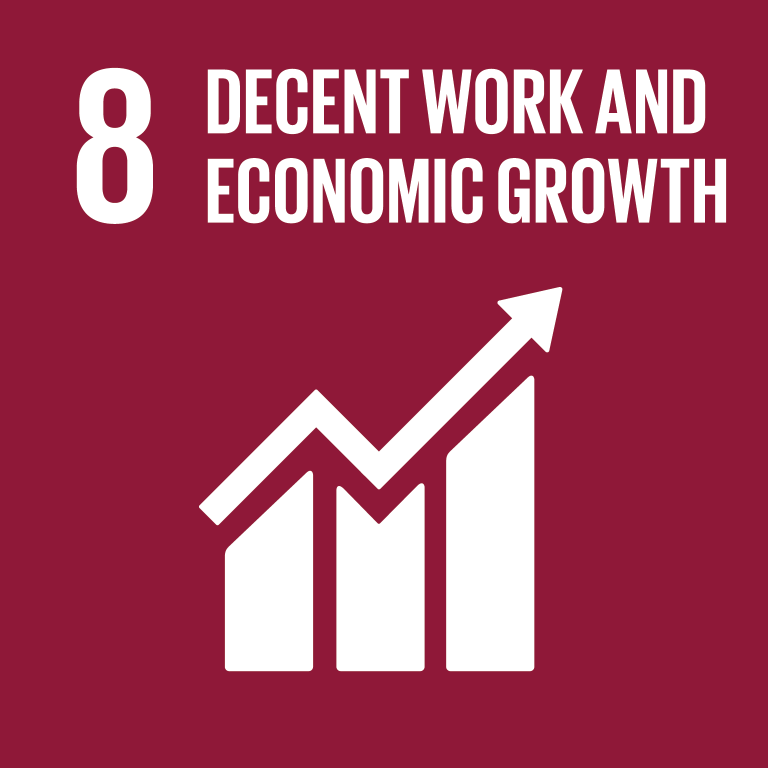
Decent work & economic growth
Promote development-oriented policies that support productive activities, decent job creation, entrepreneurship, creativity and innovation
-
“I’ve learnt to be ambitious for my children, for them to have more than just a traditional education, to do things that will expand their horizons”
WAFAA
MOTHER OF A PARTICIPANT -
“I stopped being stuck with my daily chores – cleaning, cooking, looking after the children. The Seenaryo team allowed us to forget our difficulties and have hope that there is a tomorrow.”
RANIA
WOMEN’S THEATRE PARTICIPANT -
“It has been a very difficult journey to be honest, but extremely rewarding. I realised that I am capable of looking after my children and providing them with the best education they need.”
NADER
I LEARN FROM HOME PARENT
Theatre reflects life
Theatre “is a powerful medium for raising awareness, generating discussions, and changing attitudes, particularly when a community is actively involved in telling its own story,” (Borisenko, 2016).
The participatory approach to theatre-making that Seenaryo has developed over five years puts participants at the heart of the process, giving them the responsibility and agency to create and write the play that they will perform.
Whether their plays are about real life or volcanoes and dinosaurs, the participants’ own stories are always present. The opportunity to mask their experiences in fairytale and fiction allow participants to express something they otherwise felt unable to express, and confront their feelings safely.
-
In the Middle
In this Seenaryo Studio show: a group of women decide to quit their troubles and fly to the moon. Ending up lost in space, they have to decide whether to stay where they are, return to Earth, or push on to the Moon. Theatre reflects life: in the face of hyperinflation, the economic collapse, and Covid-19 the majority of people living in Lebanon are looking for a way out.
-
The Village of Mujadara
In this Seenaryo Cycle show: the story, devised by Palestinian children, is about two wizards’ struggle for acceptance in a corrupt and polluted village. The parallels to the life of a Palestinian in Lebanon are clear.
-
Together, We Beat the Monster
In this Seenaryo Scratch show: monsters destroy all the homes in a city, so the citizens band together to rebuild. The story here is an unmistakable metaphor for the situation following the Beirut explosion.
“Seenaryo makes you feel like there’s a light at the end of the tunnel… and it’s you!”
FARAH
Farah started as a participant with Seenaryo in 2015. She was 13 years old, playing the role of a genie in Careful What You Wish For. Over the last five years she has created and performed six shows with us including two Studio productions which toured nationally. In recent years she has also been training as a facilitator with Seenaryo and this year she co-led a Cycle project. Handing over the baton to the communities we work with has been Seenaryo’s ambition since inception, and it’s exciting to see this happen with Farah, who grew up in Shatila refugee camp.
“My leadership skills have been really enhanced by this project. I’ve become more confident, and more focused on what I want to do in life,” says Farah.

